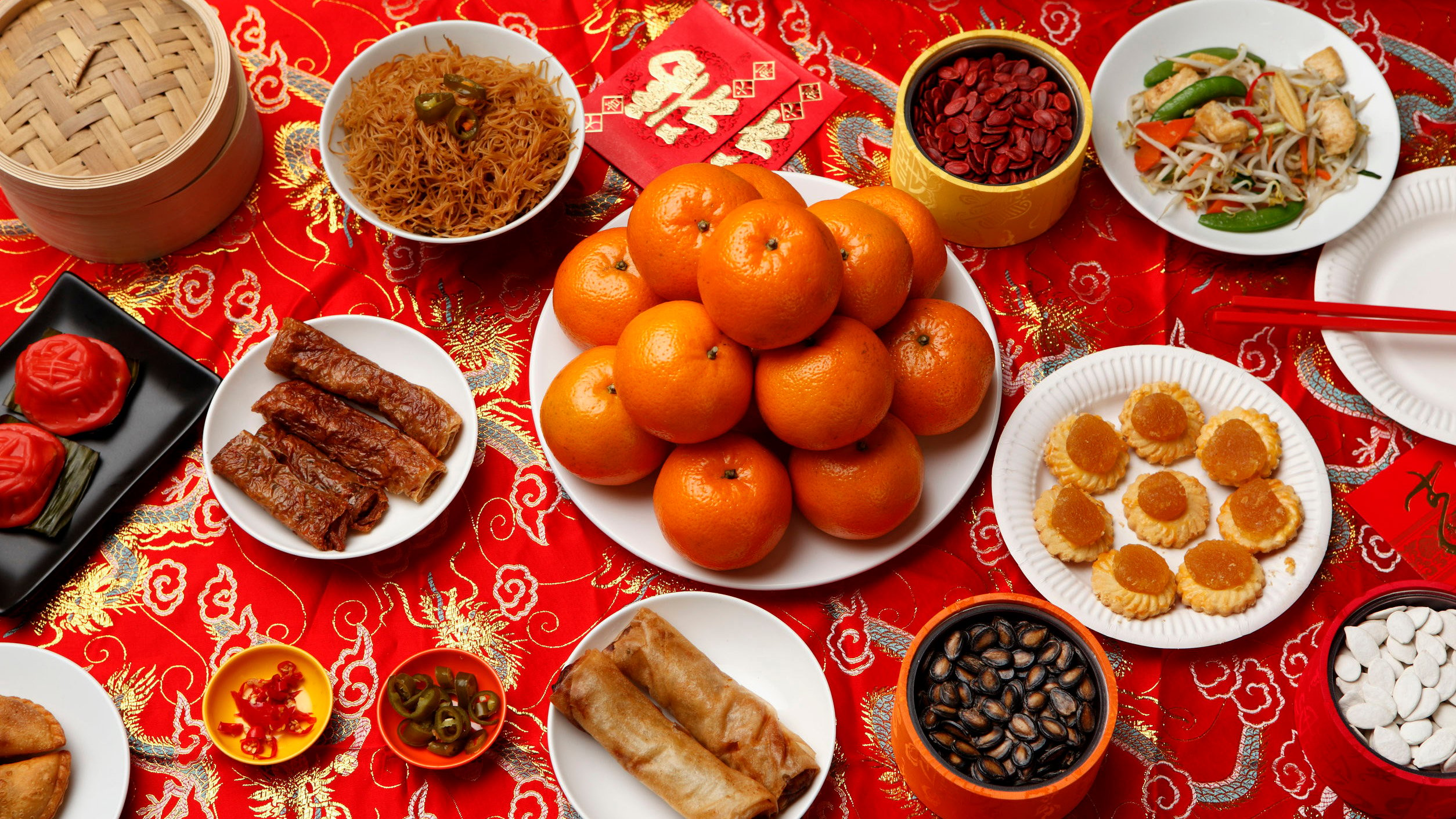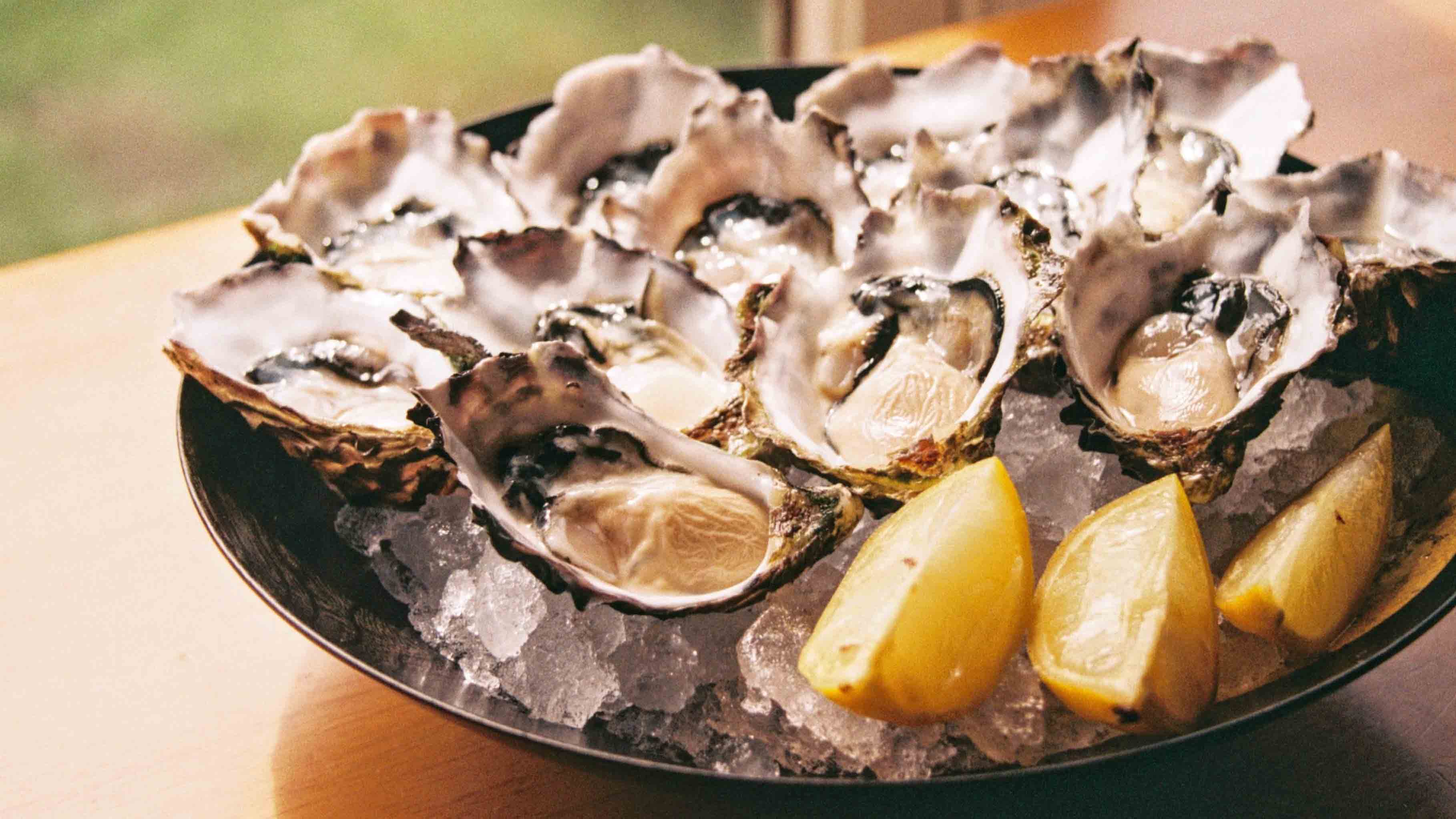Huat Ah! Here's Why You Should Eat These Super Auspicious CNY Foods
1. Mandarin oranges
Their dialect name means gold and that’s what we all love, whether we are playing Blackjack with our cousins or trying to wrangle a pay raise from the bosses. A side note: it’s also believed that if you let your kum rot away until they turn all black and mouldy, you’ll be even luckier in the year ahead. Just don’t consume them when they do. Pineapples are also considered good luck fruit in Chinese culture – hence you roll them around in a new home or office – but thank goodness we don’t have to bring those around when we visit. Because 10 pairs of oranges for everyone in the family are already enough to cause a slipped disc.
2. Pineapple tarts
So, what’s more portable than whole pineapple fruit? Pineapple tarts. Anything sweet (and diabetic) is welcome during Chinese New Year because you want sweet times ahead. Add some auspicious fruit to something sweet and you’ve got yourself a winning combination and a wider girth.
3. Fish
In Mandarin, it remotely means an increase in prosperity – also a great excuse for fishmongers to increase prices stratospherically and for pescatarians to go broke during the festive season.
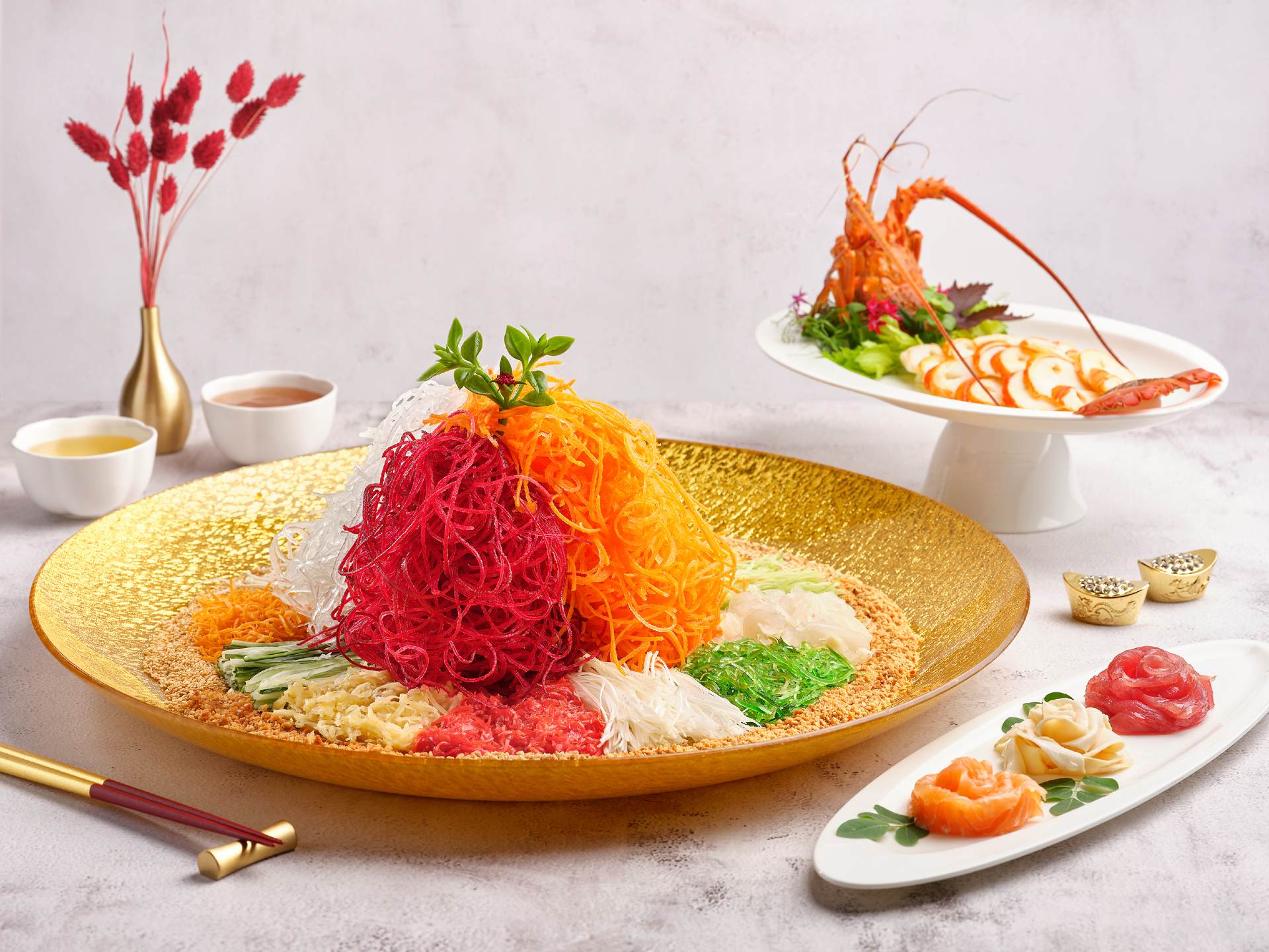
4. Yu sheng
Because steamed soon hock wasn’t enough for scoring extra brownie points with the extended family, we Singaporeans also have our iconic yu sheng. Ironically, there’s very little fish in this dish. Somewhere along the line, someone also decided that tossing all the raw fish, golden crackers and julienned vegetables up into the air would make everyone even luckier. That person obviously did not have to do the cleaning up.
5. Nian gao
This literally means “year cake” or it can also mean “a higher year” in Mandarin. And if your life motto is “the only way is up”, you’ll want to eat a lot of this sweet, sticky (and indigestion-causing) glutinous rice cake. Best consumed deep fried with an egg wash – we guess your cholesterol level will be achieving its own record high too.
6. Abalone
The Chinese word for this is bao yu which sounds remotely like “surplus assured” – a term that anyone whose job is linked to ROIs will appreciate.
7. Black moss with dried oysters
This traditional dish is generally served in Cantonese households. In that dialect, black moss means “striking it rich” whereas dried oysters sound like “good things”. Put the two powerhouses together and you’ll have twice the huat (and very dirty teeth).
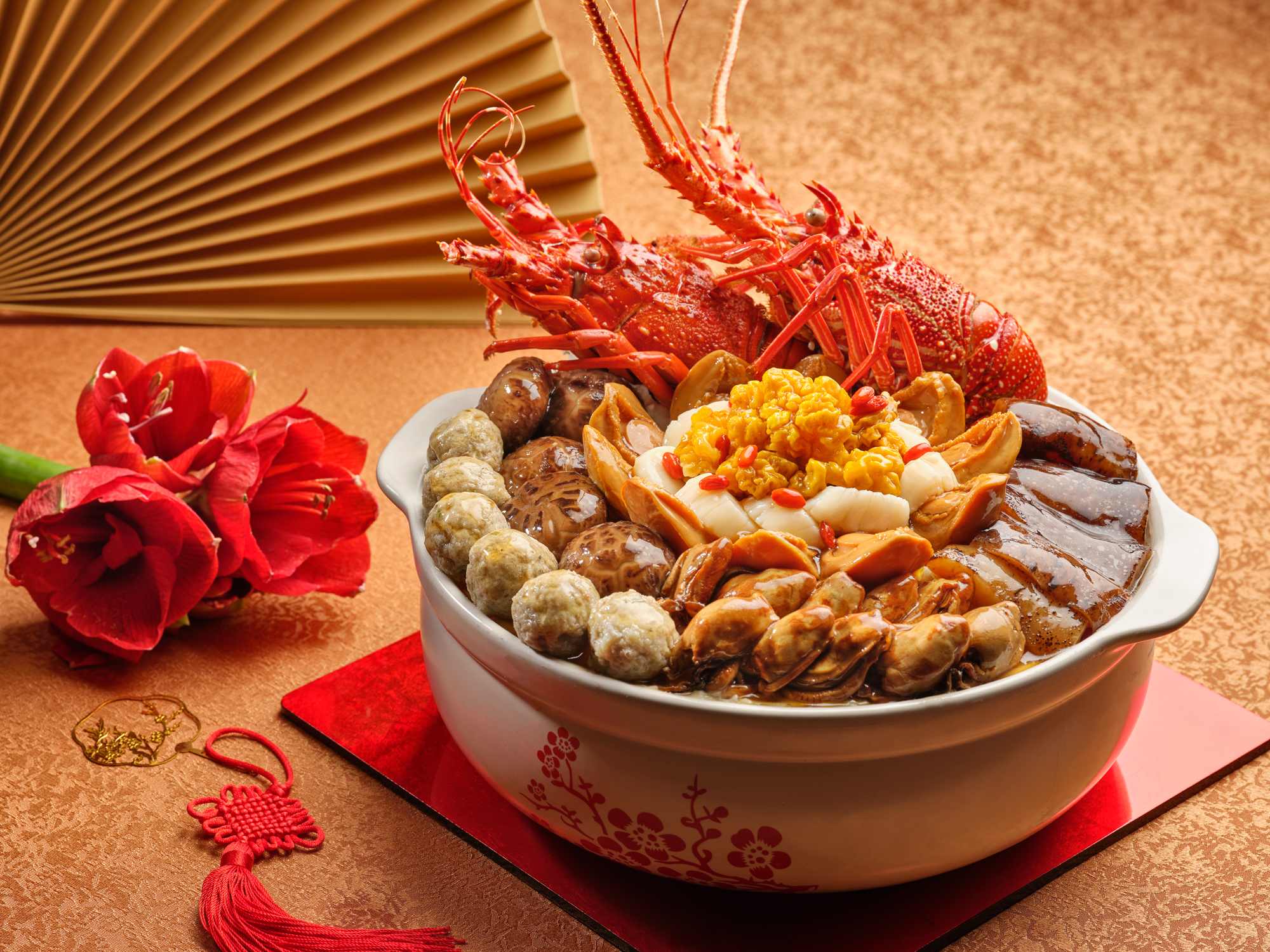
8. Pencai
Literally a big bowl feast, this wasn’t popular in Singapore until about a decade ago. The Chinese have been enjoying this braised dish since the Song Dynasty though. In a huge pot – the poor would use any basin they could find at home many centuries ago – you layer assorted huat-sounding ingredients, from abalone to fish to black moss and dried oysters, and then dig in. No prizes though for being the first to locate that elusive tiger prawn.
9. Melon or lotus seeds
Most of us have vivid memories of guests gnawing away at melon seeds (and watching reruns of Jackie Chan movies) every Chinese New Year. They – the seeds, not the guests – are supposed to bring you an abundance of kids. Because posterity is as important as prosperity.
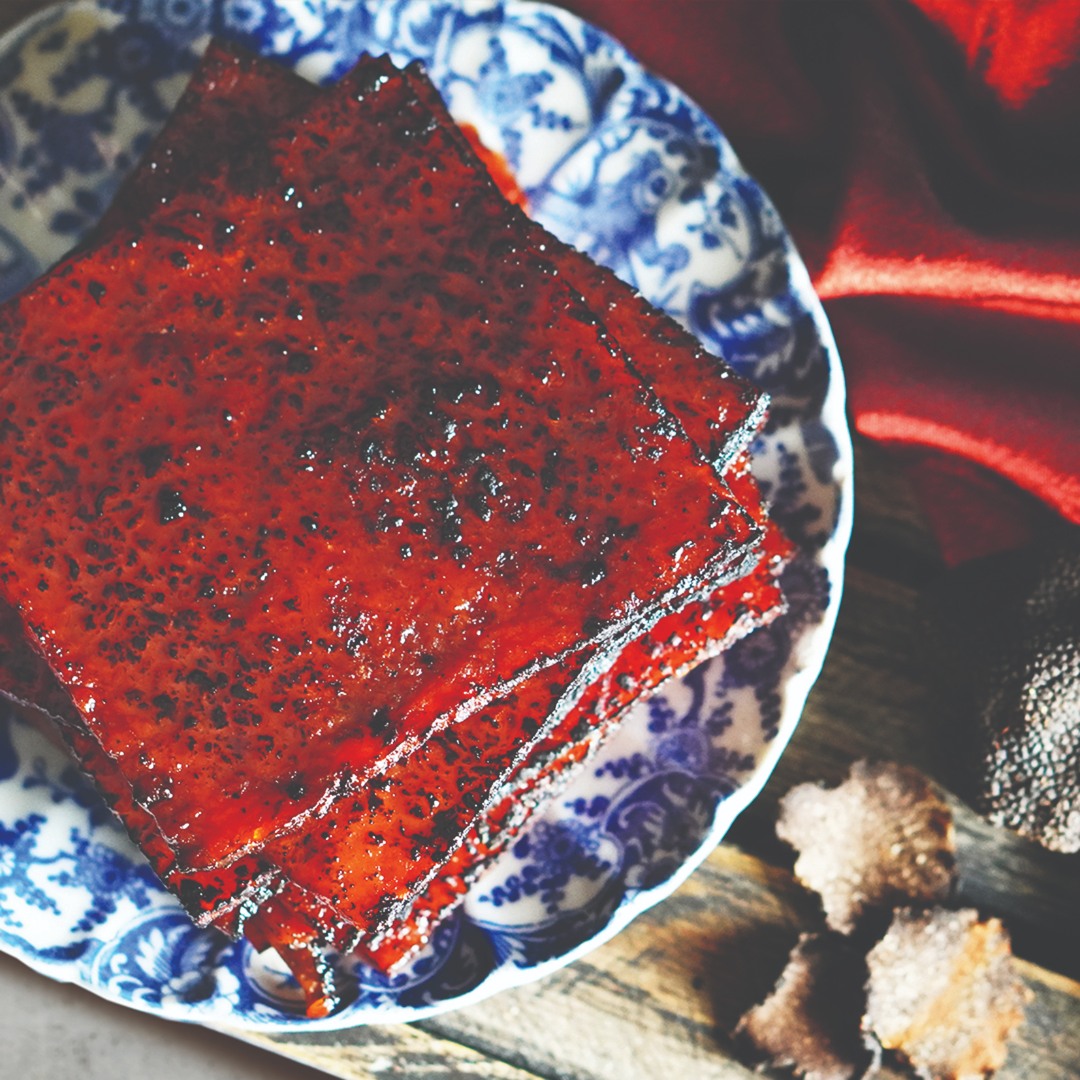
10. Bak kwa
Now, nobody really knows why this signifies good fortune in Singapore. Here’s our guess. Because prices for this rise so high during Chinese New Year, only those with deep pockets can afford it (and also afford to pay others to queue for hours for it).
For the latest updates on Wonderwall.sg, be sure to follow us on Facebook, Instagram and Telegram. If you have a story idea for us, email us at [email protected].


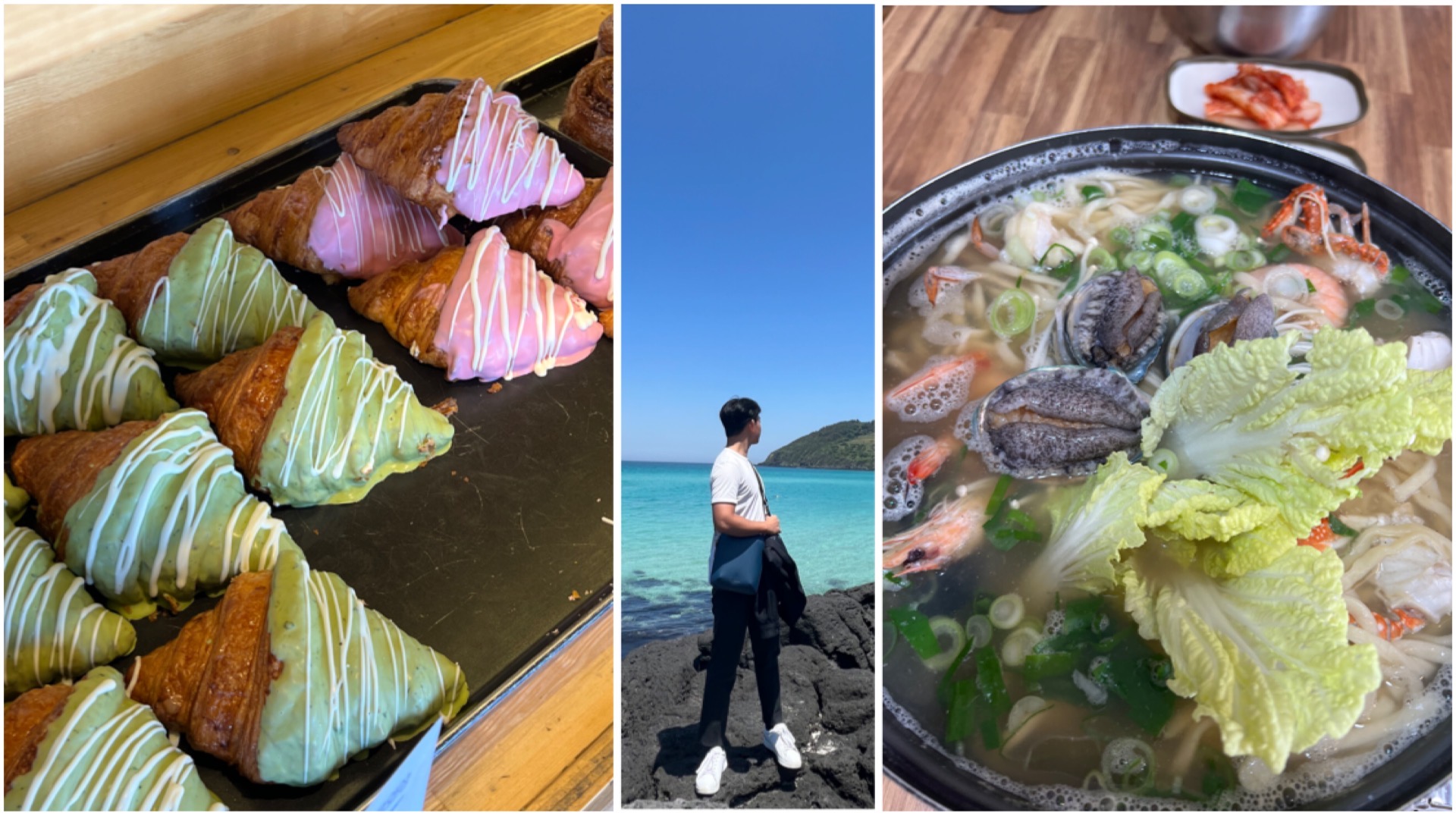
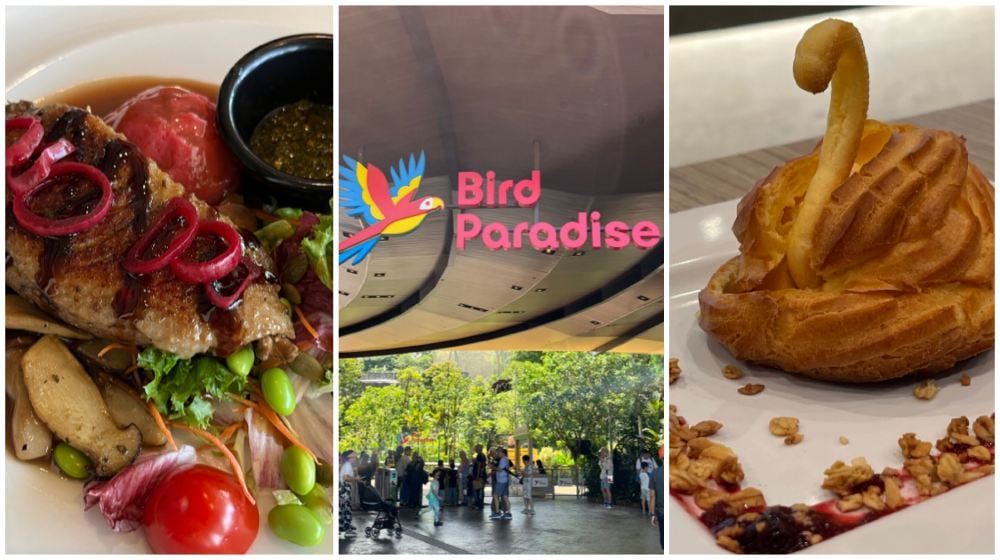

/roundup_19_april_2024_rectangle.jpg?sfvrsn=898f23d7_1)

